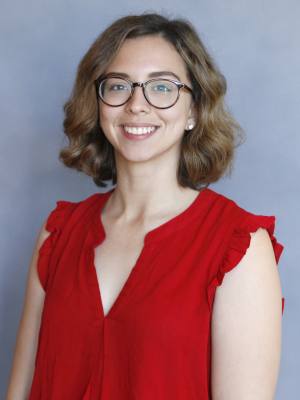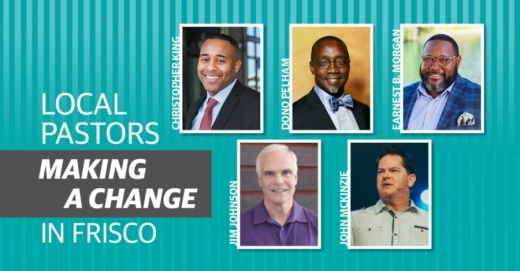This comes a month after Frisco’s first peaceful protest took place on Eldorado Parkway in the wake of George Floyd’s death in police custody in Minneapolis.
Dono Pelham, senior pastor at Life-Changing Faith Christian Fellowship, and his family attended the June 1 protest. The pastor said a Bible quote from Proverbs 31:8-9 inspired him to attend the protest and speak out.
“Violence is not the answer,” Pelham said. “But at the same time, silence is not an option.”
Ensuring protests remain peaceful will be an important way to bring the Frisco community together to fight for social justice, he said.
“I think when we speak out peacefully, we can actually finally hear each other,” Pelham said.
Frisco was a host of several conversations on race relations and policing in June, including two town halls with Mayor Jeff Cheney and Frisco Police Chief David Shilson present.
For Northbridge Church pastor Christopher King, there cannot be another discussion on race in Frisco without coming up with steps for action as well. It is why the pastor decided to organize the “Not Just Talk: Frisco” panel and workshop June 16.
King invited “citizen leaders” to the panel conversation, including John McKinzie, Hope Fellowship Church lead pastor; a Frisco Police Department officer; and other local leaders involved in business and education.
“It’s not just the responsibility of our elected officials to institute change,” King said at the event. “We have to have citizens come together to help drive that as well.”
Following a panel in the first half of the event, panelists engaged in a workshop to outline measurable objectives moving forward, he said.
“After we leave here today, here’s what we’re going to do to expect change and to drive a particular culture here in our community in Frisco,” King said while opening the event.
Conversations over the history of racism need to start with parents and their children at home, said Earnest B. Morgan, a pastor at Empowerment Church Texas. Places of worship, regardless of religion, have a duty to open similar discussions, he said.
“Teaching on racism and breaking down the wall of stereotypes, it must be intentional,” Morgan said.
Since a majority of Frisco’s population is white, Morgan said Black churches in the city need to have white membership as well as Black membership.
“Black folks feel obligated to merge with white folks, but white folks don’t feel the need to merge with a predominantly Black church,” he said.
McKinzie said predominantly white churches need to engage in more conversation on how race intersects with education, faith, business and socially.
“White churches have not done enough to at least have conversations and then take that knowledge and help move this forward,” McKinzie said at the "Not Just Talk: Frisco" event.
Churches must be at the forefront of fighting against racial injustices, McKinzie said.
“This community, they’ve been in consequences for hundreds of years for the sins of all of us,” McKinzie said referring to the Black community. “The church needs to lead the way in a peaceful yet forceful and righteous kind of way. We’ve got to get fired up about this.”
Members at Preston Trail Community Church in Frisco have recently started having more conversations about race and white privilege, senior pastor Jim Johnson said at a June 15 town hall.
“While I don’t feel like I’m racist, there is a blindness in my thinking and my way of perceiving my life,” Johnson said. “For me to realize as a white male that the ramp of success slants down for me, it’s easier. I do not see how people of color have to go up the ramp, and it’s a very difficult climb many times.”
Johnson said a relational connection between people from all races will be key in sustaining change.
A few Collin County churches have come together to host the Unity Table, an event that happens on every fifth weekend in which church members have dinner with someone who does not look like them, Johnson said.
“I believe at the grassroots level for us to truly begin to know one another, to love one another, to be in a relationship with one another will really sprout into some wonderful experiences and lasting change as well,” he said.





